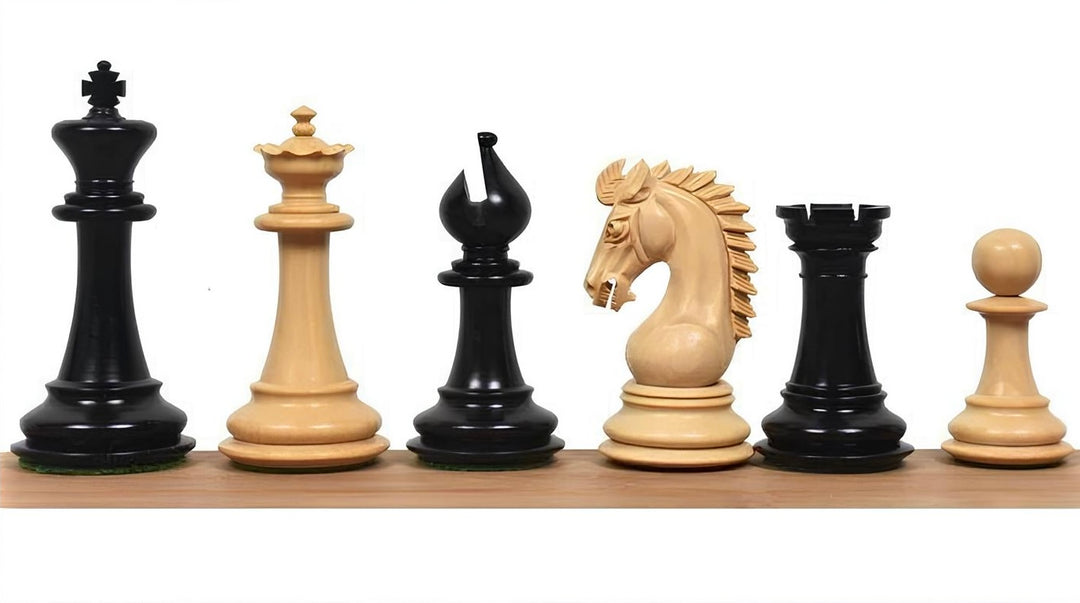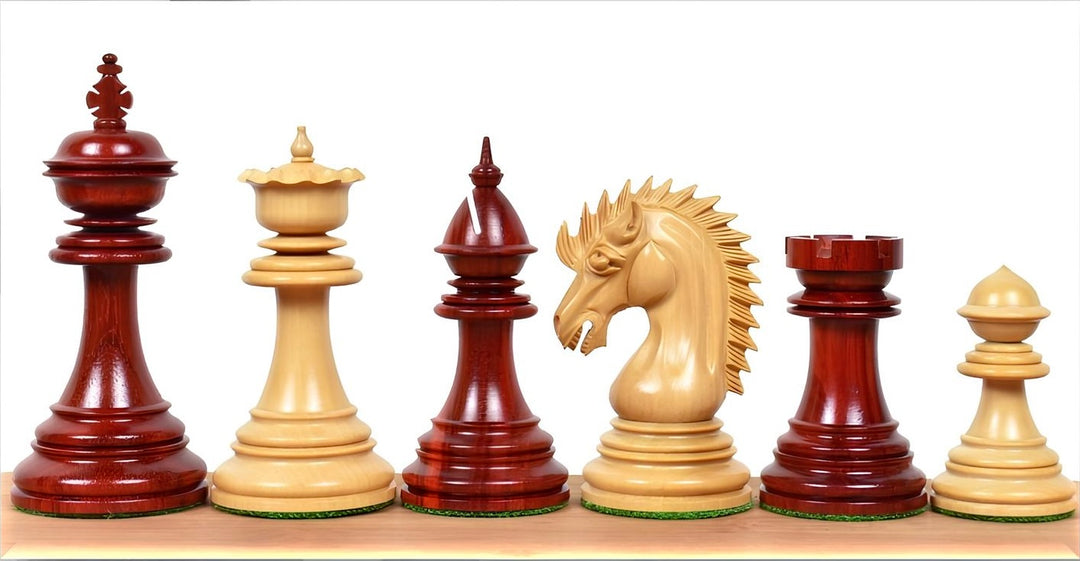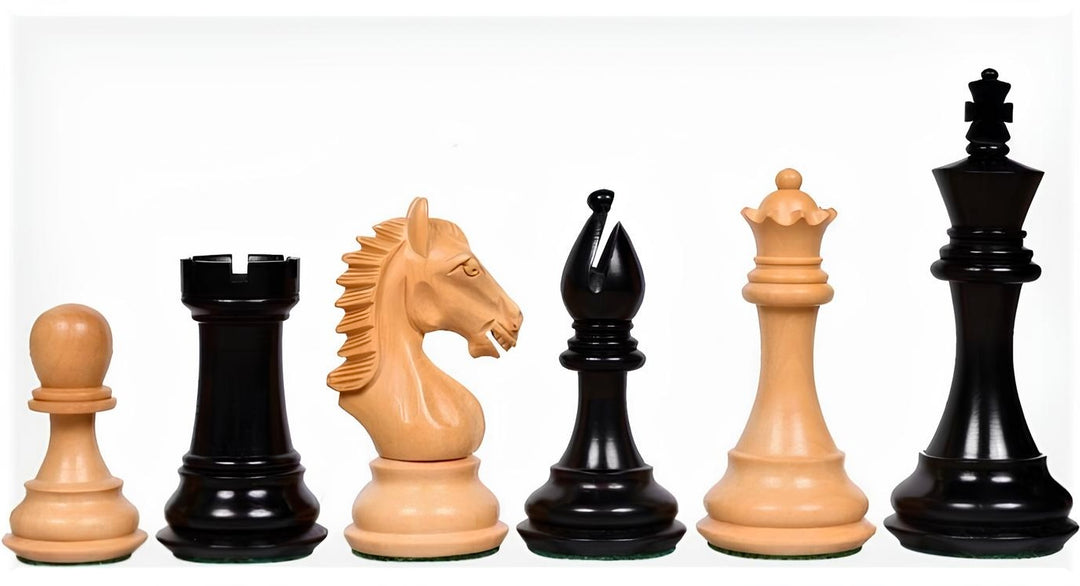The bishop is a powerful piece in chess that moves diagonally across the board. Unlike other pieces, the range and dynamics of a bishop's movements hinge entirely on its diagonal capability. This trait makes the bishop both valuable and particular in strategic planning. Understanding its movements can significantly enhance a player's chess strategy.
Basics of Bishop Movement
A bishop moves diagonally any number of squares along a straight line and can move forward or backward. This mode of movement allows the bishop to control long diagonals from one corner of the board to the other, depending on its position and the absence of obstructing pieces. However, one critical limitation to note is that each bishop starts on either a white or black square and remains confined to that color throughout the game. Thus, in chess terminology, bishops are often referred to as being color-bound.
Strategic Value of the Bishop
The value of a bishop varies significantly depending on the game's position. In open positions, where the pawns are not clustered in the center, bishops can be very powerful due to their ability to control long diagonals. In contrast, bishops can be somewhat limited in closed positions where pawn structures block their paths.
Deployment in the Opening and Middlegame
In the opening phase of the game, bishops typically do not come out until the knights are developed and some central pawns are moved. This sequencing ensures that the bishops have open lines to exert influence across the board. For example, fianchettoing a bishop by placing it on the long diagonal stretching from a1 to h8 (for white) or a8 to h1 (for black) can be a powerful strategic deployment, especially in certain chess openings like the King's Indian Defense or the Grünfeld Defense.
During the middlegame, the bishop's value often increases as the game opens up more. Effective placement can threaten far-reaching parts of the board, provide support in attacking the opponent's king, and contribute to controlling central squares. The bishop pairs are particularly potent in open middlegames as they can coordinate to control a vast array of squares and create significant challenges for the opponent.
Endgame Considerations
In the endgame, the power of the bishop can become even more pronounced, especially in positions where pawns are on both sides of the board. A bishop can easily maneuver to influence both flanks, making it superior in some scenarios compared to a knight, which might struggle with the speed of attack and range. The famous wrong bishop endgame scenario, where a player possesses a bishop that cannot stop a rook pawn from queening because it runs on the opposite color of the queening square, illustrates some limitations and strategic complexities in bishop endgames.
Bishops vs. Knights
One of the perennial debates in chess strategy is the relative value of bishops versus knights. Bishops are considered more valuable in open positions and endgames due to their long-range capabilities, while knights excel in closed positions where they can jump over obstructing pawns and control key outpost squares more effectively. The bishop pair — having both bishops versus any other combination of minor pieces — is generally considered an advantage due to the versatility and coverage they offer.
Conclusion
Mastering how to effectively use the bishop involves understanding its strengths and limitations within the context of the game's ever-changing dynamics. A player who can skillfully deploy their bishops in coordination with other pieces can leverage their diagonal domination to control the board and secure victories. Recognizing when and how to trade or retain bishops, based on the position, is also crucial for achieving superior endgame positions and maximizing strategic advantage.
Explore our large collection of luxurious chess sets!


























































Leave a comment